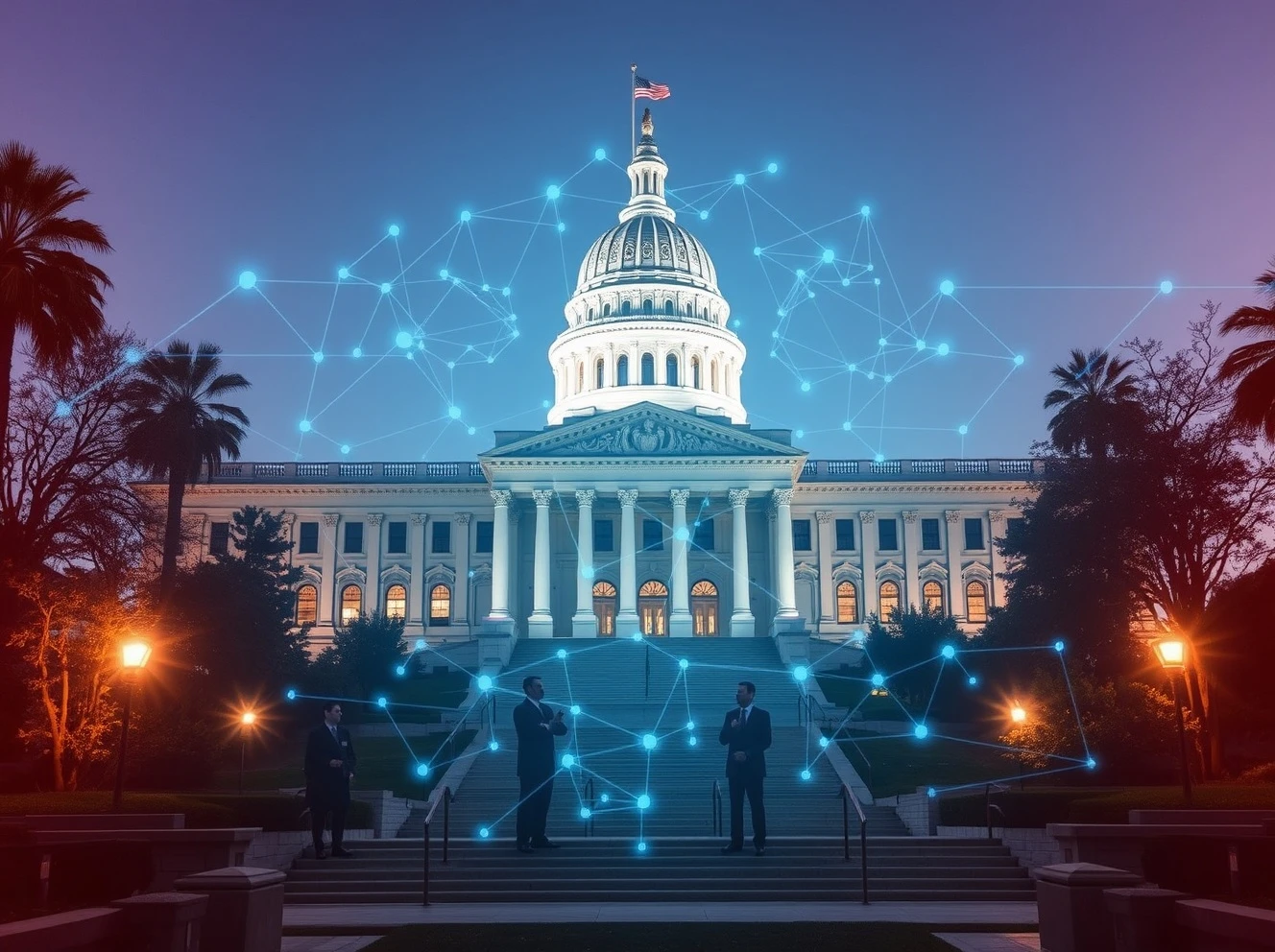California has taken a significant step toward regulating artificial intelligence as state lawmakers passed the groundbreaking AI safety bill SB 53 early Saturday morning, setting new transparency standards for major technology companies developing advanced AI systems.
What the AI Safety Bill Requires
The AI safety bill introduces three major provisions for large AI laboratories. First, it mandates transparency about safety protocols. Second, it establishes whistleblower protections for employees. Third, it creates CalCompute, a public cloud computing resource. Senator Scott Wiener designed this legislation to address growing concerns about AI development risks.
Governor Newsom’s Critical Decision
Governor Gavin Newsom now faces a crucial decision on the AI safety bill. Last year, he vetoed a broader safety proposal from Wiener while approving narrower AI regulations. Newsom previously expressed concern about applying “stringent standards” across all large AI models regardless of their specific risk profiles. The current AI safety bill reflects recommendations from an expert panel convened after that veto.
Staggered Compliance Requirements
The AI safety bill establishes tiered compliance standards based on company revenue. Companies developing frontier AI models with under $500 million annual revenue need only disclose high-level safety details. However, larger companies exceeding that threshold must provide comprehensive safety reports. This approach aims to balance innovation with responsible development.
Industry Reactions and Opposition
Silicon Valley companies and venture capital firms have opposed the AI safety bill. OpenAI advocates for federal standards preemption, while Andreessen Horowitz argues state bills may violate constitutional commerce clauses. Conversely, Anthropic supports the legislation, calling it a “solid blueprint for AI governance” despite preferring federal regulation.
National Implications of California’s AI Safety Bill
California’s AI safety bill could set national precedents for artificial intelligence regulation. As the technology hub of the United States, California’s regulatory approach often influences other states and federal policy. The Trump administration has called for a ten-year moratorium on state AI regulation, highlighting the contentious nature of these legislative efforts.
FAQs
What is SB 53?
SB 53 is California’s AI safety bill that requires transparency from large AI companies, creates whistleblower protections, and establishes a public cloud computing resource called CalCompute.
When will Governor Newsom decide on the bill?
Governor Newsom typically has 12 days to sign or veto legislation after passage, though he hasn’t specified a timeline for this particular decision.
Which companies does the bill affect?
The AI safety bill primarily targets large AI laboratories and companies developing frontier AI models, with compliance requirements based on annual revenue thresholds.
How does this compare to federal AI regulation?
This represents state-level regulation, which some companies argue should be preempted by federal standards to avoid inconsistent regulations across states.
What happens if Newsom vetoes the bill?
If vetoed, the legislation would not become law, though lawmakers could attempt to override the veto or introduce modified legislation in future sessions.
How do whistleblower protections work under this bill?
The bill provides legal protections for employees who report safety concerns about AI systems, similar to protections in other industries.








